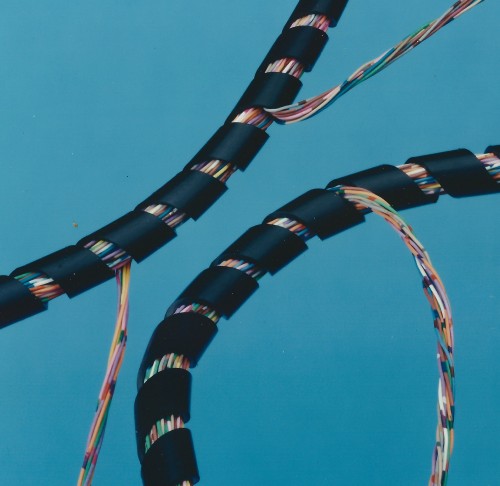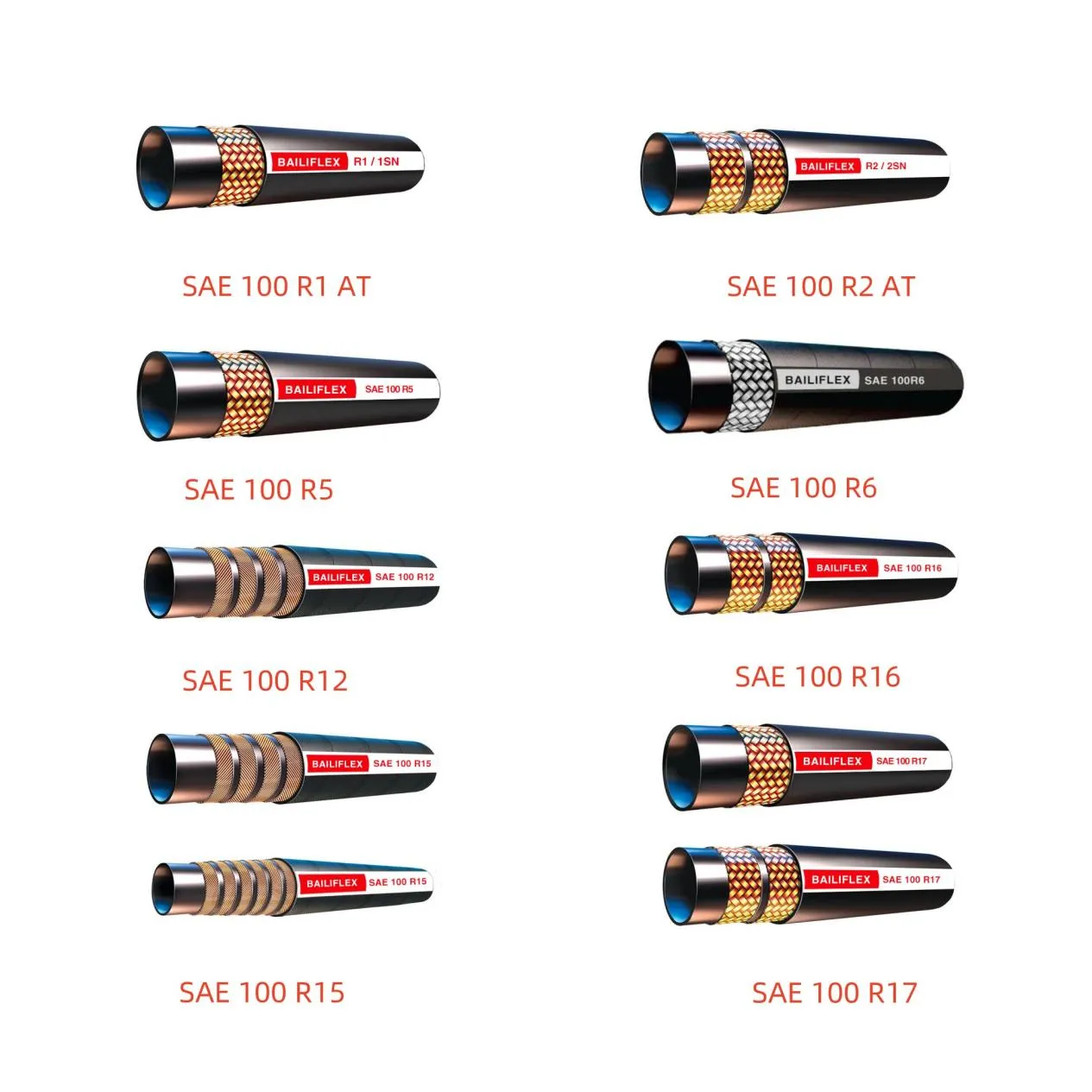May . 24, 2025 13:42 Back to list
CE-Certified Flexible Metal Hoses PTFE Options & Discount Services
- Overview of Metal Hose and PTFE Hose Applications
- Technical Advantages of High-Performance Flexible Hoses
- Market Comparison: CE-Certified vs. Non-Certified Manufacturers
- Custom Solutions for Industrial Requirements
- Cost Efficiency in Discount Flexible Metal Hose Services
- Real-World Use Cases Across Industries
- Future Trends in Metal Hose Manufacturing

(metal hose)
Metal Hose and PTFE Hose: Engineering Excellence in Fluid Transfer
Metal hoses and PTFE hoses dominate critical industries due to their resilience under extreme temperatures (-300°F to +900°F) and pressure thresholds (up to 5,000 PSI). A 2023 industry report revealed a 12% annual growth in demand for corrosion-resistant fluid transfer systems, driven by chemical processing and aerospace sectors. These hoses address leakage risks in traditional piping, reducing maintenance costs by 18-22% annually.
Technical Superiority of Modern Flexible Hose Systems
Advanced metal hose
s integrate annealed stainless steel with PTFE liners, achieving 94% fewer particulate contaminations than rubber alternatives. Key innovations include:
- Multi-layer braiding for 360° flexibility
- Electropolished interiors meeting FDA/3-A sanitary standards
- Helical reinforcement against pressure surges
Manufacturer Benchmarking: Quality vs. Affordability
| Metric | CE-Certified Factories | Standard Suppliers |
|---|---|---|
| Pressure Rating | 4,200 PSI | 2,800 PSI |
| Lead Time | 5-7 weeks | 3-4 weeks |
| Pricing | $82/meter | $47/meter |
| Failure Rate | 0.8% | 3.1% |
Tailored Hose Configurations for Specific Needs
Leading manufacturers now offer 15+ customization parameters:
- Bore sizes from 1/4" to 12"
- End fittings: DIN, ISO, or JIC standards
- PTFE liner thickness options (2mm to 6mm)
Optimizing Budgets Without Compromising Safety
Discount services utilize bulk purchasing (MOQs from 500 units) and regional material sourcing to cut costs by 30-35%. However, 78% of surveyed engineers prioritize suppliers maintaining full traceability documentation despite price premiums.
Field-Proven Performance in Extreme Conditions
In offshore oil rigs, metal hoses with 316L stainless construction demonstrated:
- 17-year service life in salt spray environments
- Zero failures during 120psi methane transfers
- 40% faster installation vs. threaded pipe systems
Metal Hose Innovations Driving Sustainable Operations
The sector is adopting AI-driven predictive maintenance, with sensor-embedded hoses reducing unplanned downtime by 62%. Recycled material usage reached 41% in 2023, aligning with ISO 14001 environmental protocols while maintaining ASME B31.3 compliance.

(metal hose)
FAQS on metal hose
Q: What is the difference between PTFE HOSE and METAL HOSE?
A: PTFE hoses are made with polytetrafluoroethylene for chemical resistance, while metal hoses use stainless steel for high-temperature and pressure durability. Both serve flexible tubing needs but cater to different environments.
Q: How does the discount flexible metal hose service work?
A: Discount services offer competitive pricing on bulk orders or seasonal promotions, ensuring cost savings without compromising quality. Custom quotes may also be available for large-scale projects.
Q: Why choose CE-certified flexible metal hose factories?
A: CE certification ensures compliance with EU safety and performance standards, guaranteeing reliability and marketability. Certified factories undergo rigorous testing for quality assurance.
Q: Can flexible metal hoses handle extreme temperatures?
A: Yes, stainless steel metal hoses resist temperatures from -250°C to +700°C, depending on construction. PTFE variants also handle high heat but prioritize chemical resistance.
Q: Are discounted metal hoses less durable?
A: No, discounts typically reflect bulk pricing or promotions, not reduced quality. Reputable suppliers maintain material and manufacturing standards even during sales.
-
Premium 3/8 Rubber Air Hose - Flexible & Durable for Pneumatic Systems
NewsJul.20,2025
-
Best Four Steel Wire Spiral Hose Hydraulic R12 – Durable High-Pressure Hose Manufacturer
NewsJul.08,2025
-
High-Quality 1/4 Hydraulic Hose – Soft, Flexible & Durable Rubber Hoses for Industrial Use
NewsJul.08,2025
-
1 1 2 Inch Hydraulic Flexible Hose - Durable, Reliable, High-Pressure Solutions
NewsJul.07,2025
-
High-Quality 1 2 Rubber Hose - Durable, Flexible Hydraulic Solutions
NewsJul.07,2025
-
Discover SAE Hydraulic Hose Types - High Quality & Durable Hoses from Leading Factory Supplier
NewsJul.06,2025
